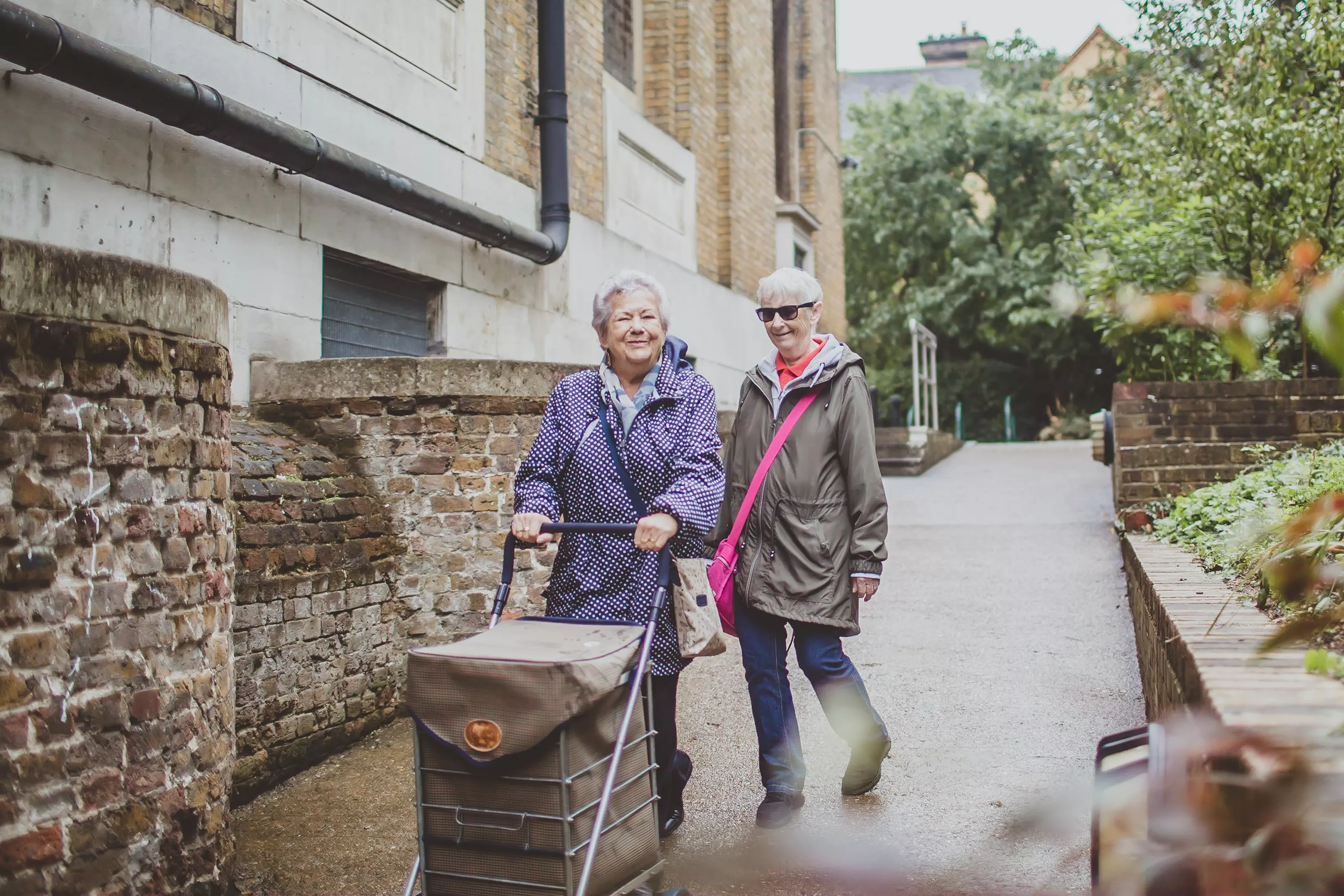
Most people, including those living with diabetes, will experience mild or moderate symptoms from coronavirus. But we do know that people with diabetes are at higher risk of ending up in hospital with coronavirus or dying from it compared to people without diabetes.
The factor most strongly related to risk of becoming seriously ill or dying from coronavirus – for people with and without diabetes – is older age. We know that very few people with diabetes under the age of 50 have died from coronavirus.
New research, funded by us, has now told us more about how much type 2 diabetes adds to the overall risk of dying from coronavirus at different ages.
What the research shows us
Researchers at the University of Exeter combined information from three different sets of data to find out more about how having diabetes at different ages affects risk of dying from coronavirus.
Most people included in the study had type 2 diabetes, or researchers didn’t have information on which type of diabetes people had. This means we don’t know whether any of the findings would also apply to people with type 1 diabetes.
The researchers converted what the data told us about the risks linked with type 2 diabetes into 'Covid-age'. This is a method that works by translating added risk from having diabetes, for example, into equivalent years of age. Extra years then get added onto your actual age giving your Covid-age.
Covid-age isn’t an exact way of measuring of risk, but it can help to provide a simple way to think about vulnerability to coronavirus.
The study found that older people with type 2 diabetes had a Covid-age that was similar to their own actual age. But in middle-aged people – who start off at a much lower risk – having type 2 diabetes is linked with greater additional risk. This means the gap between actual age and Covid-age is bigger.
For example, their findings suggest that for a 50-year-old with type 2 diabetes, having diabetes adds risk that’s equivalent to around 16 extra years of age. This puts their Covid-age at 66, meaning their risk of dying from coronavirus is similar to that of someone without diabetes who is 66. But for a person aged 70 with type 2 diabetes, their added risk from diabetes is equivalent to an additional 8 years of age, so their Covid-age is 78.
This is because age is the dominant risk factor for dying from coronavirus, so the risk for older people starts off high but there’s less ‘room’ for type 2 diabetes to raise their risk even further.
Understanding your risk
Crucially, this does not mean middle-aged people with type 2 diabetes are more at risk of becoming seriously ill or dying from coronavirus than older people with the condition. But it tells us that type 2 diabetes itself is linked to a greater amount of extra risk in younger people than older people.
Despite these findings, it’s really important to remember that your risk is individual to you. This study gives us a picture of the average risk type 2 diabetes adds for people of different ages, but there’s a lot more to factor in when thinking about risk from coronavirus.
Research has shown that factors linked to diabetes like HbA1c level and a history of complications, along with other factors like ethnicity, body weight and where you live, also play an important part in your risk of getting seriously ill with coronavirus. These, and possibly many more unknown factors, could all change your risk.
There are different ways of interpreting and talking about risk, and Covid-age is one way to understand how risk for people with diabetes compare to people without diabetes. However, by itself, Covid-age does not give us the full picture about risk. It doesn’t tell us anything about how likely people of different ages are to die from coronavirus in the first place. The overall risk of dying from coronavirus, known as the absolute risk, is the most important thing to keep in mind and remains very low for most people with diabetes.
Find out more about the risk of getting seriously ill or dying if people with diabetes get coronavirus.
The most important thing anyone with diabetes can do to reduce their risk is to avoid catching the virus in the first place by continuing to social distance, wash hands and wear masks and to take a coronavirus vaccine when offered one.
What does this mean for vaccine prioritisation?
In the UK, people with all types of diabetes are being prioritised for coronavirus vaccination and the roll out of vaccines is well underway.
But by telling us more about the relationship between diabetes, age, and the risk of dying from coronavirus this study could have important implications across the globe for countries that are still determining who should be prioritised.
Dr Andrew McGovern, of the University of Exeter Medical School, who led the research said:
“It's important to remember the risk to middle-aged people with diabetes of dying from Covid-19 is very low in absolute terms compared with the elderly. However, vaccine roll-out across Europe should be done in order of risk. Strategies to define priority groups for vaccination must consider the disproportionate relative risk of Covid-19 mortality in middle-aged people with type 2 diabetes whose Covid-19 risk is already elevated by their age. We recommend that anyone with diabetes takes up the vaccine as soon as it’s available to them.”
